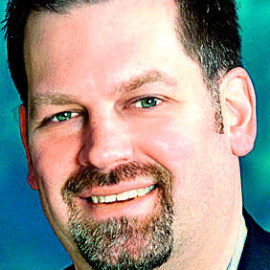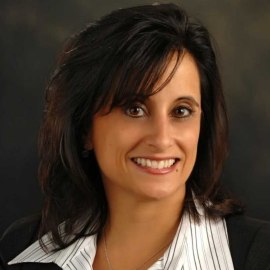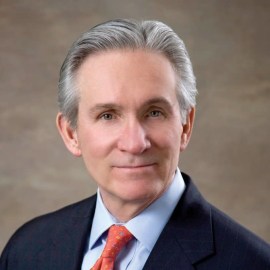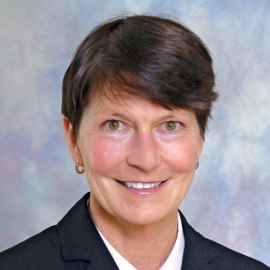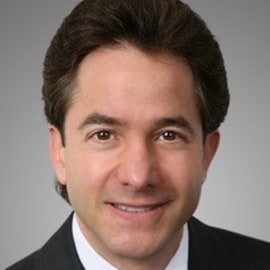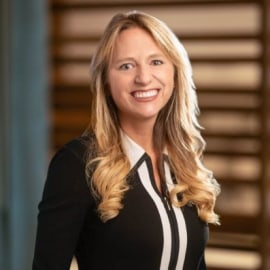An optional, complimentary pre-conference session for first-time Transitions attendees and others who wish to brush up on key family business terms and practices. A special section has been added on private company governance/board best practices. The session will also offer tips on how to get the most out of the conference experience.
Whether the next CEO will be a family or a non-family member, it takes a village to get the new leader up to speed. In addition to the retiring chief executive, those who play important roles include the executive team, the family council and the board. Panelists will discuss the role played by each of these constituencies, and why these roles are important.
A conversation with Bryan Miller of the Larry H. Miller Group of Companies. Bryan serves on the board of directors and as Executive Director of Culture at Larry H. Miller — a company that began with one auto dealership and is now a multi-billion-dollar enterprise that includes the NBA’s Utah Jazz.
Recruiting non-family executives involves more than just selecting someone with the right skills and experience for the job. Senior managers joining a family firm must understand and be comfortable working in a family business environment. Perhaps most important of all, their personal values must mesh with the family’s values. Panelists will discuss their recruiting experiences.
When a business is in the startup stage, the founder calls all the shots. In later generations, when multiple family members have ownership stakes, consensus building is imperative. But past or present family conflicts can make consensus difficult to achieve. Panelists will share their experiences, offering suggestions on what has worked for them.
*Strategies for Individual and Corporate Philanthropy in the Family Business: Belinda Sneddon and Claudio DeVellis, PwC
*What Your Shareholder Agreement Should Contain: F. Douglas Raymond III, Drinker Biddle Reath, LLP
*The Impact of Parenting Style on the Family Business: Aggie Johnson, Generations to Generations
*How to Meet Shareholder Liquidity Demands: Gregory Stevens and Daniel Johnson, Capital Formation Counselors, Inc.
*Inside Outside, Alongside: Alternative Ways to Engage the NextGen in the Business of the Family: Janice DiPietro, Exceptional Leaders International
*Identifying Behavioral Bias in Family Business Decision Making: Erich Hickey and Joe Zaccardi, Drexel Morgan Capital Advisers
*How and When to Hand Over – and Take Over – the Family Business: Debbie Bing, Todd Smith, CFAR
*Aligning Capital with Ownership Objectives: Liquidity, Diversification and Transitions: Brett Sovine and Benjamin Persofsky, Brown Brothers Harriman
*Building Trust in the Family Enterprise: Catherine Faherty, PhD, Kellogg Center for Family Enterprises
This interactive session will explore the question of fairness and equality in five key family business areas: ownership, compensation, leadership (titles and responsibilities), estate planning and family relationships. Is fair always equal? Is equal always fair?
In order to rise to key positions in the family business, NextGens must earn credibility with non-family team members as well as with family members who serve in executive roles at the company (who often include their parents). What can NextGens do to prove themselves and make it clear they have earned their position on their own merits?
Developing and Using Internal and External Family Codes of Conduct: Anna Nichols, Altair Advisers
G2-G3 from Siblings to Cousins: Jean Meeks-Koch, Family Business Consulting Group
Demystifying Family Offices: Rhona Vogel and Shannon Zur, Vogel Consulting
Eric Allyn spent most of his career at Welch Allyn, a 101-year old medical device manufacturer owned by the Allyn family, employing 2,800 people worldwide. Welch Allyn is ubiquitous in patient care worldwide, with its instruments used in virtually every US hospital and physician office, as well as in nearly every country in the world. Eric worked in a variety of positions, ultimately becoming Chairman of the Board of Directors and Chairman of the Voting Trust.
Family members can contribute to the success of the family firm without holding a position in the company — for example, as members of the board of directors, family council or owners’ council. What skills are needed to qualify for these roles, and what is the relationship between these governance bodies and the operating company?



